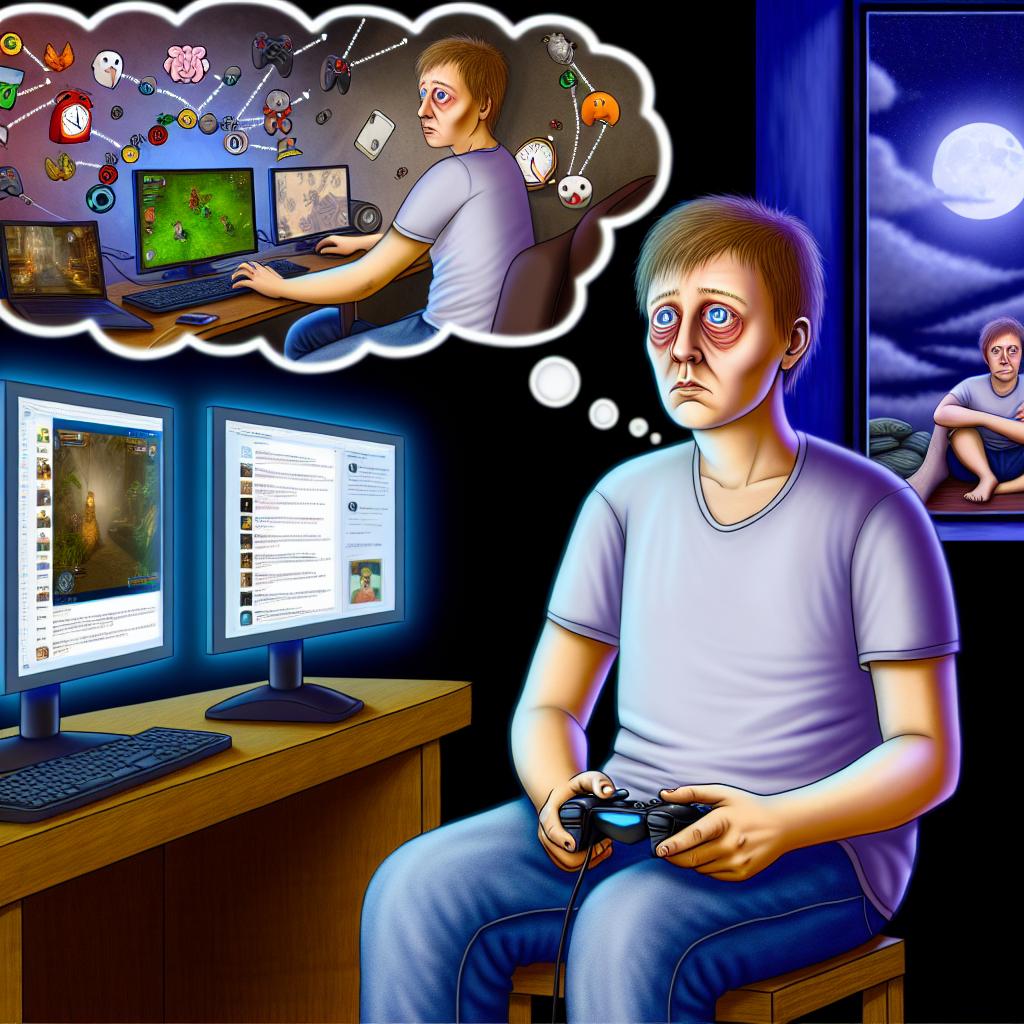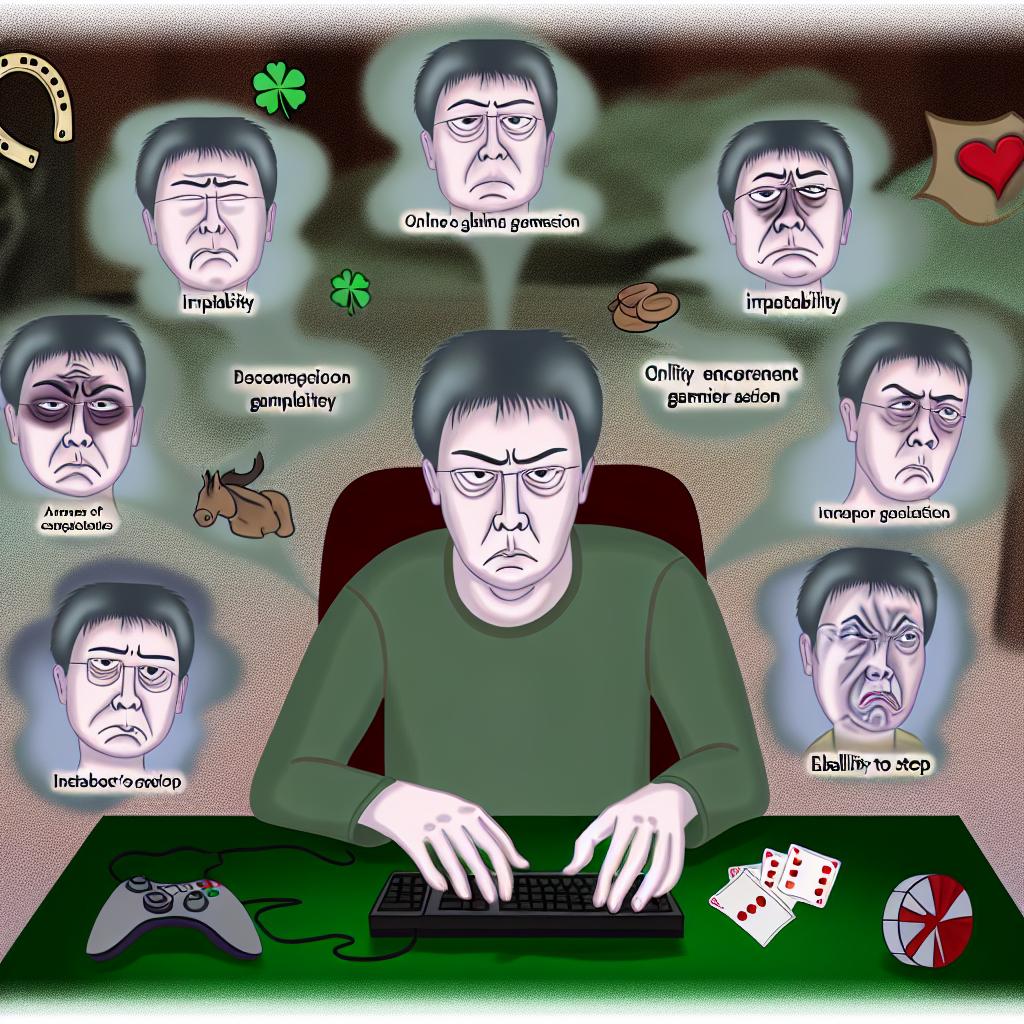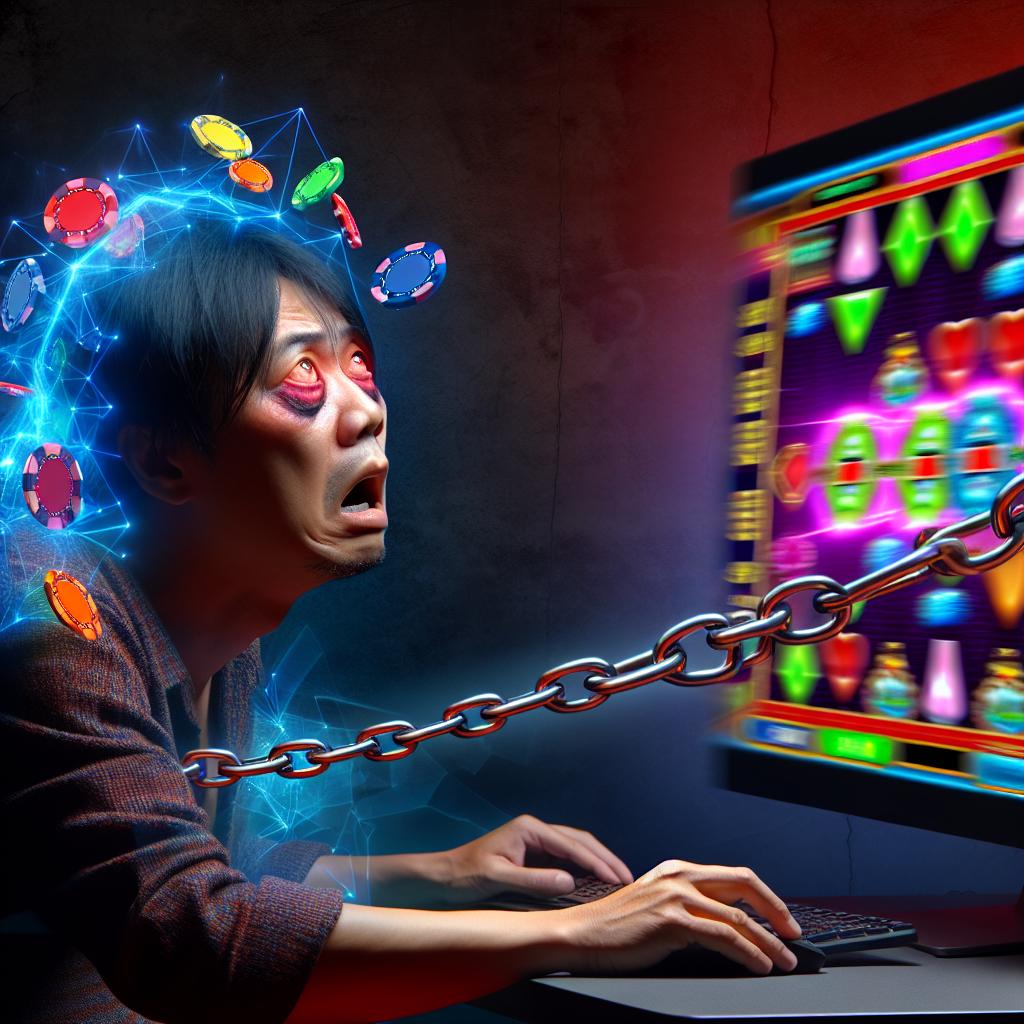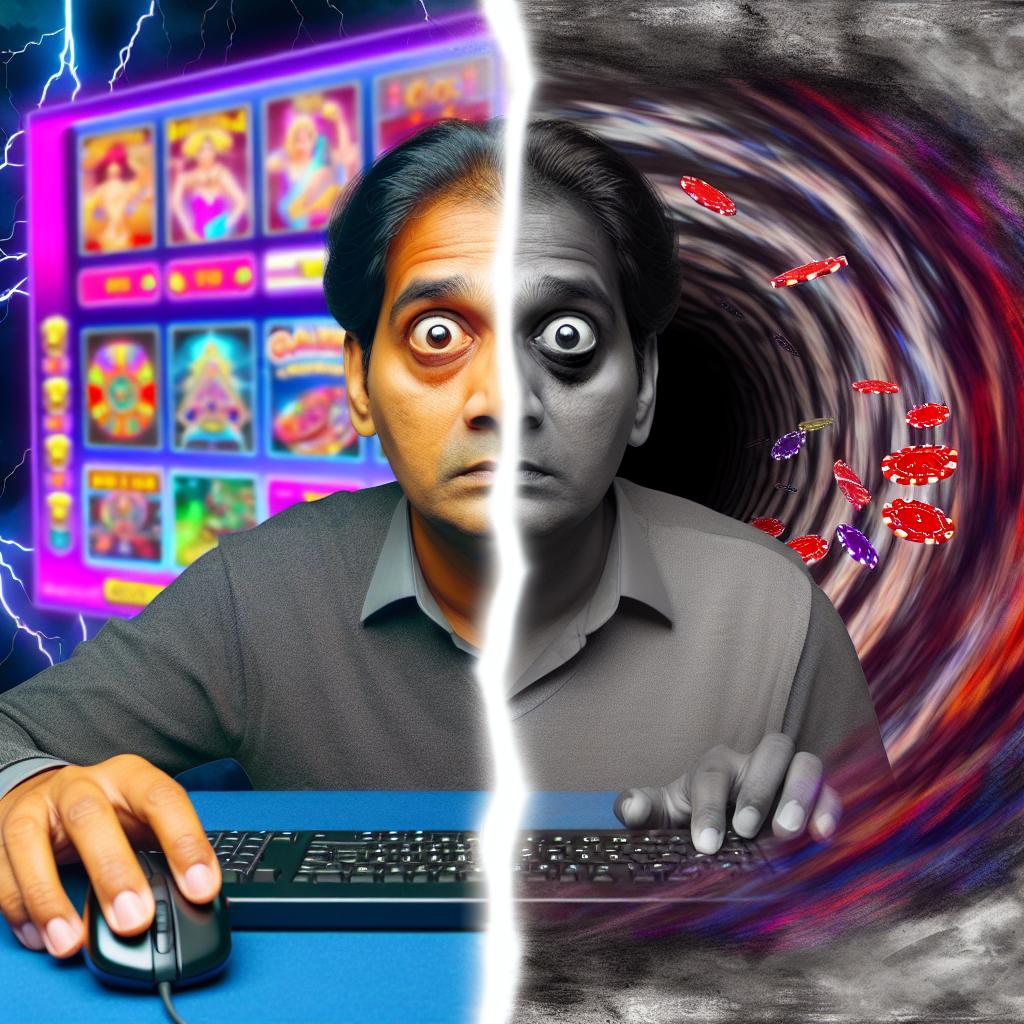Understanding Stress and Problematic Gaming
Stress is a prevalent issue in today’s fast-paced world, affecting individuals across all age groups. It is well-known that stress can impact our mental and physical well-being. A specific area of concern is how stress can influence gaming behaviors, particularly among those who engage in video gaming as a form of entertainment or stress relief. This article explores the correlation between stress and problematic gaming, shedding light on how one can potentially lead to the other.
Defining Problematic Gaming
Problematic gaming is often characterized by excessive or compulsive use of video games, which can result in negative consequences in various aspects of life. This might include a decline in academic or work performance, social isolation, or health issues. The term problematic emphasizes the negative impact gaming may have, differentiating it from simply enjoying video games as a hobby.
How Stress Contributes to Problematic Gaming
Gaming as a Coping Mechanism
For many individuals, video games provide a temporary escape from the stressors of everyday life. The immersive nature of games offers an opportunity to divert attention away from real-world problems. In situations where stress is overwhelming, individuals may turn to gaming more frequently, seeking comfort and distraction. This behavior, known as escapism, can lead to a reliance on gaming as a primary coping mechanism, which is a significant risk factor for developing problematic gaming habits.
Altered Reward Systems
Chronic stress can alter the brain’s reward systems, impacting how individuals experience pleasure and motivation. Video games are designed to engage players through reward-based systems, such as achievements and level-ups. For someone experiencing high levels of stress, the instant gratification provided by these rewards can be particularly appealing. This can create a cycle where gaming becomes a habitual response to stress, reinforcing problematic patterns.
Consequences of Stress-Induced Gaming
While gaming can temporarily alleviate stress, the repercussions of using gaming as a primary stress management tool can be detrimental. Over time, individuals may experience heightened stress due to conflicts with family or friends, neglect of responsibilities, or poor health outcomes related to prolonged gaming sessions. Furthermore, the initial issues causing stress remain unaddressed, possibly worsening over time.
Recognizing the Signs
Being able to identify the early signs of problematic gaming influenced by stress is crucial. These signs may include:
- Spending increasing amounts of time on gaming at the expense of other activities.
- Using gaming to avoid dealing with real-life problems or emotions.
- Experiencing anxiety or irritability when unable to play games.
- Ignoring important responsibilities and relationships.
Strategies for Managing Stress and Gaming Habits
Addressing stress effectively can prevent gaming from becoming a problem. Here are some suggestions:
Develop Healthy Coping Mechanisms
Exercise: Physical activity is a proven stress-reliever, enhancing mood and overall well-being. Introducing a regular exercise routine can significantly reduce stress levels and offer a productive alternative to gaming.
Mindfulness Practices: Techniques such as meditation or deep breathing can help manage stress levels. These practices encourage present-moment awareness, helping individuals react to stress more effectively and reducing the need to escape into gaming.
Set Boundaries With Gaming
Implementing time limits and designating specific periods for gaming can help balance leisure activities with other responsibilities. Strategies may include setting alarms to monitor gaming time, ensuring that other vital activities are prioritized, such as studies, work, or social interactions.
Seek Professional Help
If stress and gaming are affecting your life, consider seeking the assistance of a mental health professional. They can provide guidance and support tailored to individual needs. Various therapeutic approaches, like cognitive-behavioral therapy, can be effective in addressing both stress and gaming issues.
For further resources and information on managing stress and gaming habits, you may visit these sites:
Understanding the relationship between stress and gaming is essential for fostering healthy habits and ensuring that gaming remains an enjoyable activity, rather than a detrimental escape. Recognizing the signs early and adopting strategies to manage both stress and gaming can help maintain balance and avoid the pitfalls of problematic gaming.










